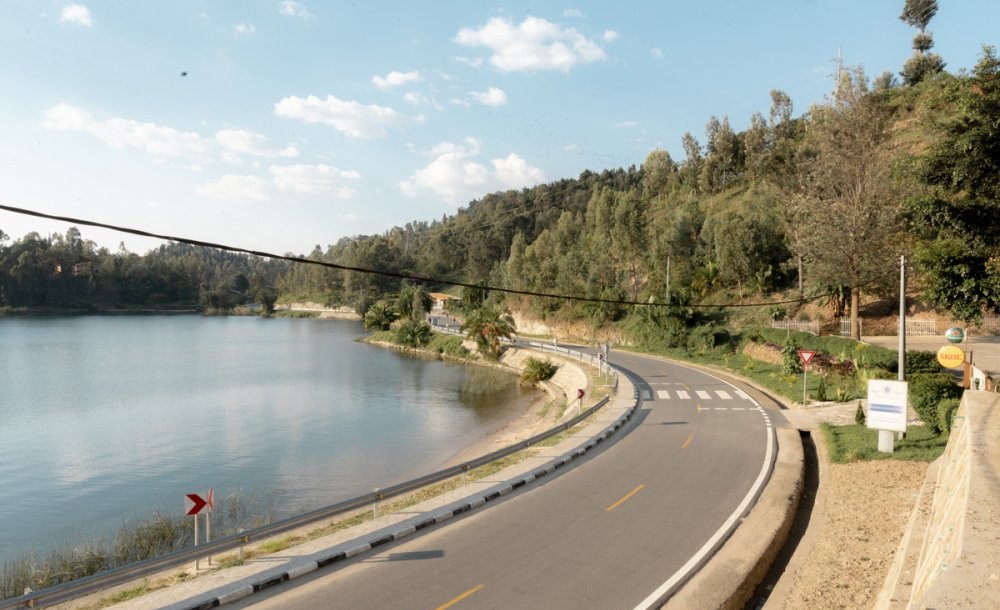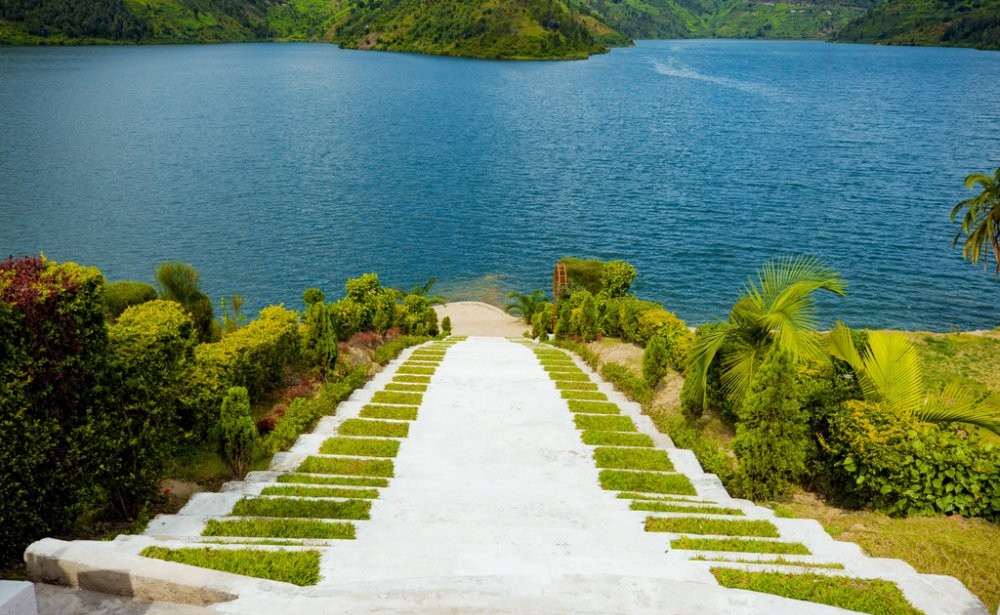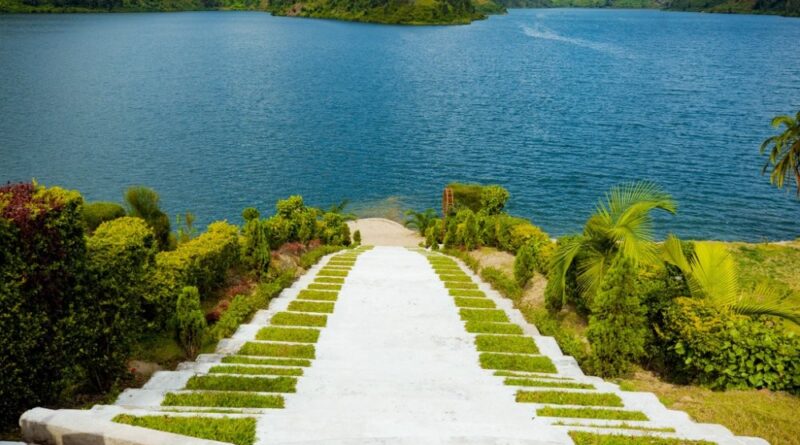Over $106 million invested along Rwanda’s lakeshores in the past five years to boost tourism
Over the past five years, Rwanda’s Development Board (RDB) has reported that more than $106 million has been invested in tourism infrastructure and related developments along the country’s lakeshores.
Among Rwanda’s lakes, Lake Kivu stands out as the largest and most heavily invested in. Situated in the Western Province, it borders the districts of Rubavu, Rutsiro, Karongi, Nyamasheke, and Rusizi.
To ensure sustainable development and protect the lake’s ecosystem and scenic value, RDB introduced specific investment guidelines in 2023. These regulations aim to safeguard biodiversity, maintain the natural beauty of Lake Kivu’s shores, and regulate construction to align with environmental standards.
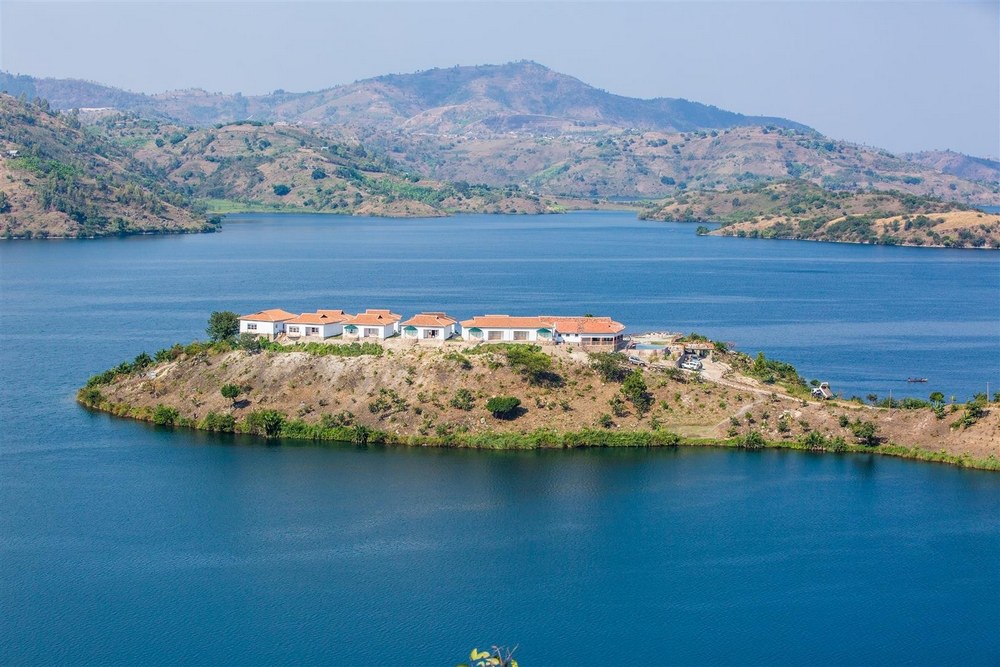
Presenting before the Rwandan Senate, RDB’s Deputy CEO Juliana Kangeli Muganza highlighted several strategic studies, including the Kivu Belt Master Plan launched in 2014, which outlines a vision for tourism, community development, and investment along Lake Kivu.
“Lakes present numerous opportunities,” she said, “not just for tourism and leisure but also as natural assets that can foster regional cooperation, especially since many are located near international borders.”
Tourism Leads Investment Surge Around Lakes
Muganza emphasized that most of the investments were tourism-driven. Over the past five years, RDB registered tourism projects worth $106 million, resulting in the addition of 631 hotel rooms along the lakeshores. These projects have already created jobs for 364 people, with projections of nearly 400 more jobs in the coming years.
“In many lakeside areas, hotels have been built to accommodate visitors, which not only supports tourism but also stimulates local economies,” she explained.
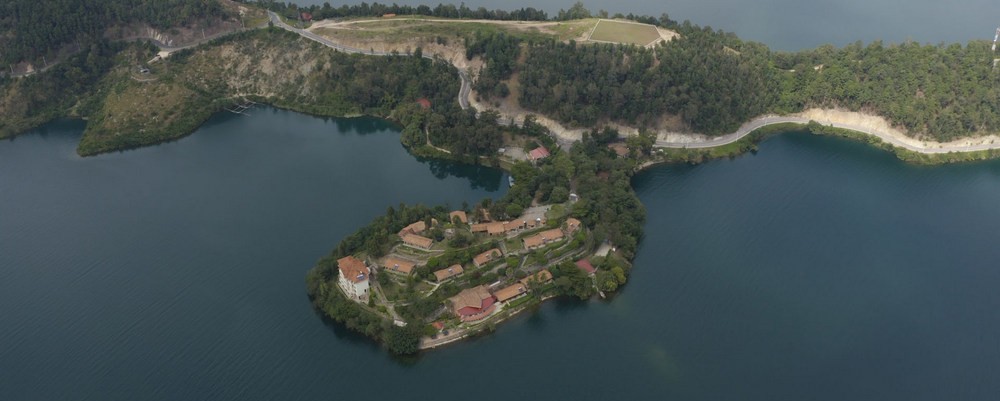
Beyond tourism, other sectors have also attracted significant investment. Fish farming, for instance, has seen growth through companies like Kivu Choice and Kivu Tilapia, which collectively employ over 200 people. Additionally, the AfriNest boat manufacturing plant located on Lake Kivu assembles new boats and repairs damaged ones, currently employing 62 Rwandans.
A major ongoing project is the Methane Gas extraction initiative in Lake Kivu, which is expected to create jobs for more than 1,000 people once fully operational.
According to RDB’s Head of Tourism, Ariella Kageruka, the Lake Kivu region currently boasts over 4,000 hotel rooms. This capacity enables Rwanda to host major continental events and accommodate a growing number of tourists.
Karongi District is currently the leading destination for lakeside hotel investment, with over 14 hotels operating in the area, significantly reshaping its tourism landscape.
